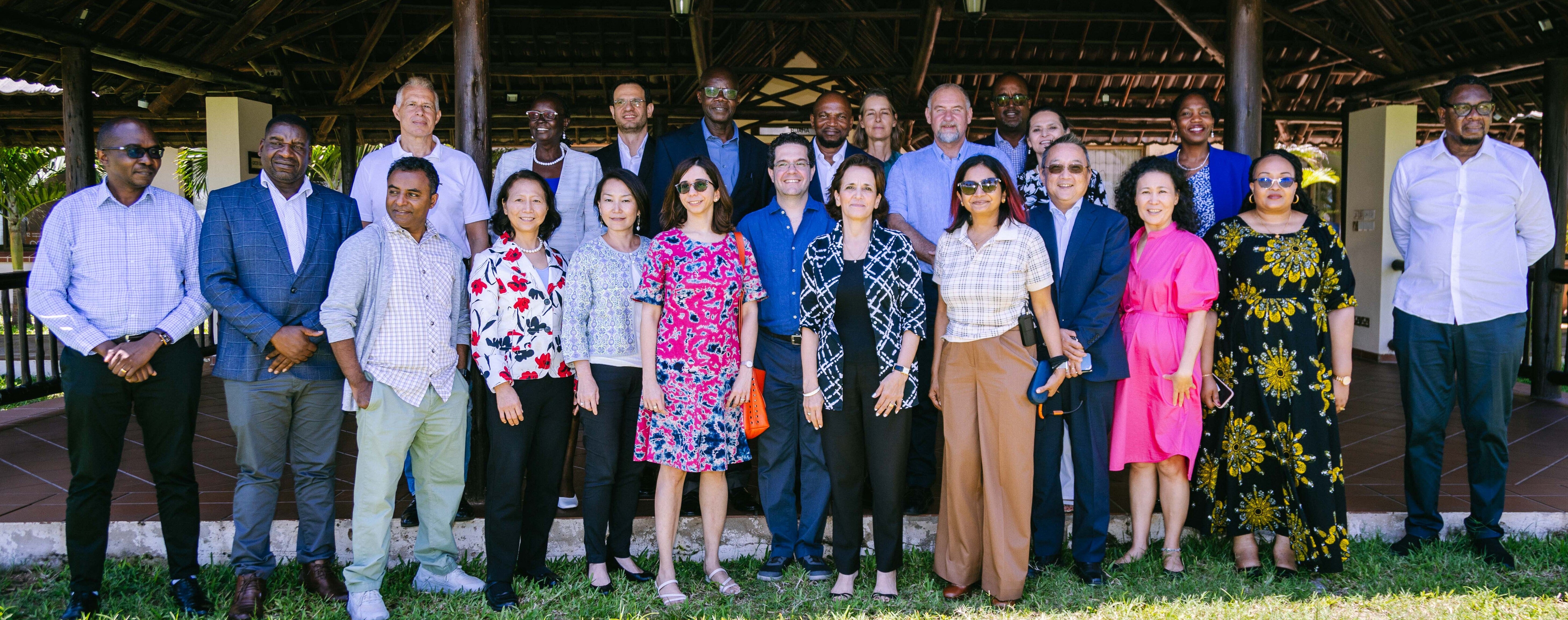Gender Equality Scorecard shows Significant Progress in Gender Mainstreaming for the UN in Tanzania
Date:

In August 2024, the United Nations (UN) in Tanzania presented the results of its second comprehensive assessment on gender equality and women’s empowerment, demonstrating significant strides made in mainstreaming Gender within the UN system.
The UNCT-SWAP Gender Equality Scorecard is a critical tool for ensuring internal accountability and driving improvements in gender mainstreaming practices within the UN system by assessing the dimensions of UN planning, coordination, programming and results for gender equality and women’s empowerment.
The 2024 Gender Equality Scorecard for Tanzania sheds light on the UN system's collective efforts to mainstream gender.
“I am very proud of our achievements”, said the UN Resident Coordinator for Tanzania, Mr. Zlatan Milisic, noting that with the analysis, the UN in Tanzania is equipped to focus and allocate resources to catalyze and achieve gender equality results outlined in its current United Nations Sustainable Development Cooperation Framework (UNSDCF).
Remarking on the achievements, Ms. Hodan Addou, UN Women Tanzania Representative said: “The significant progress we’ve made is through the dedication and collaborative spirit of our entire UN team in Tanzania to deliver on results for gender equality and women’s empowerment.”
The Scorecard report revealed a marked improvement in gender mainstreaming practices since the previous report in 2018. Currently, 80 per cent of indicators in Tanzania meet or exceed performance standards, surpassing other countries in the region where the continental average is 40 per cent. The assessment further reveals that resource allocation towards gender equality and women’s empowerment considerations in the current United Nations Sustainable Cooperation Framework 2022-2027 have surpassed the 70 per cent global target, with 77 per cent dedicated to sub-outputs prioritizing gender equality as a significant or principal objective.
UN Women’s coordination role is central to these efforts, supporting accountability for advancing women’s rights and opportunities.
In Tanzania, UN Women has facilitated collaboration among UN agencies on gender mainstreaming, fostering partnership opportunities, and joint action on priorities for gender equality through coordination platforms such as the UN Gender and Human Rights Coordination Mechanism, which brings together Gender Focal Points within the UN to engage in joint programming.
The UN in Tanzania will continue to champion gender equality and women’s empowerment by strengthening mainstreaming efforts, promoting gender parity, and being unequivocal in its commitment to Leave No One Behind.
More on the UNCT-SWAP Assessment results on this infographic.
Learn more about UN Women’s UN System Coordination mandate: https://www.unwomen.org/en/how-we-work/un-system-coordination